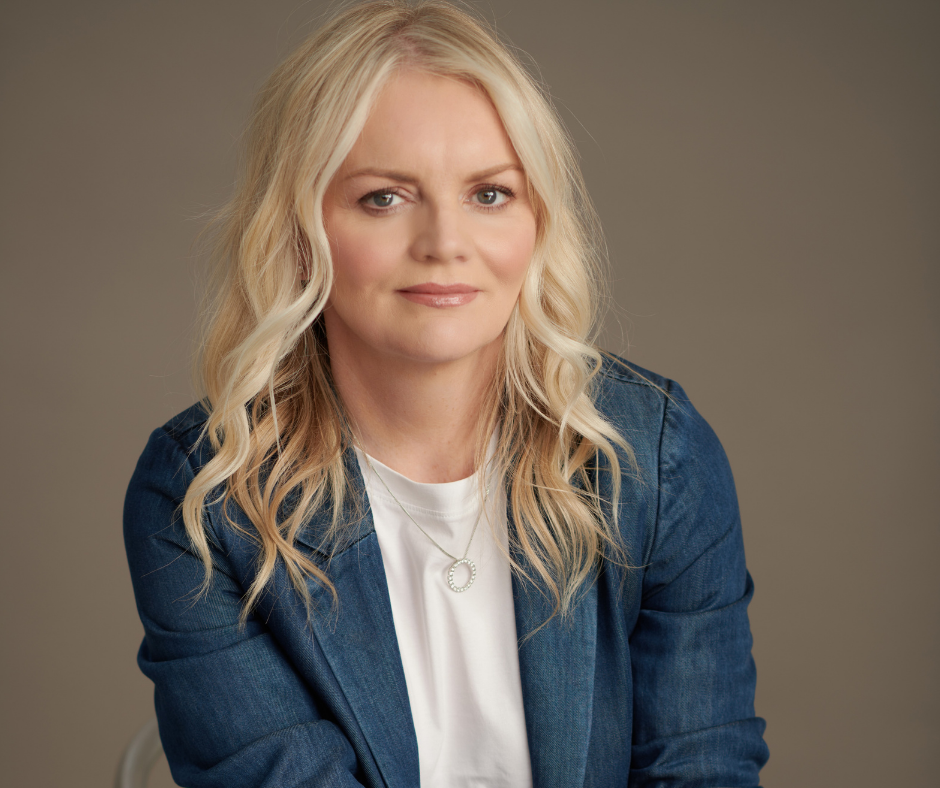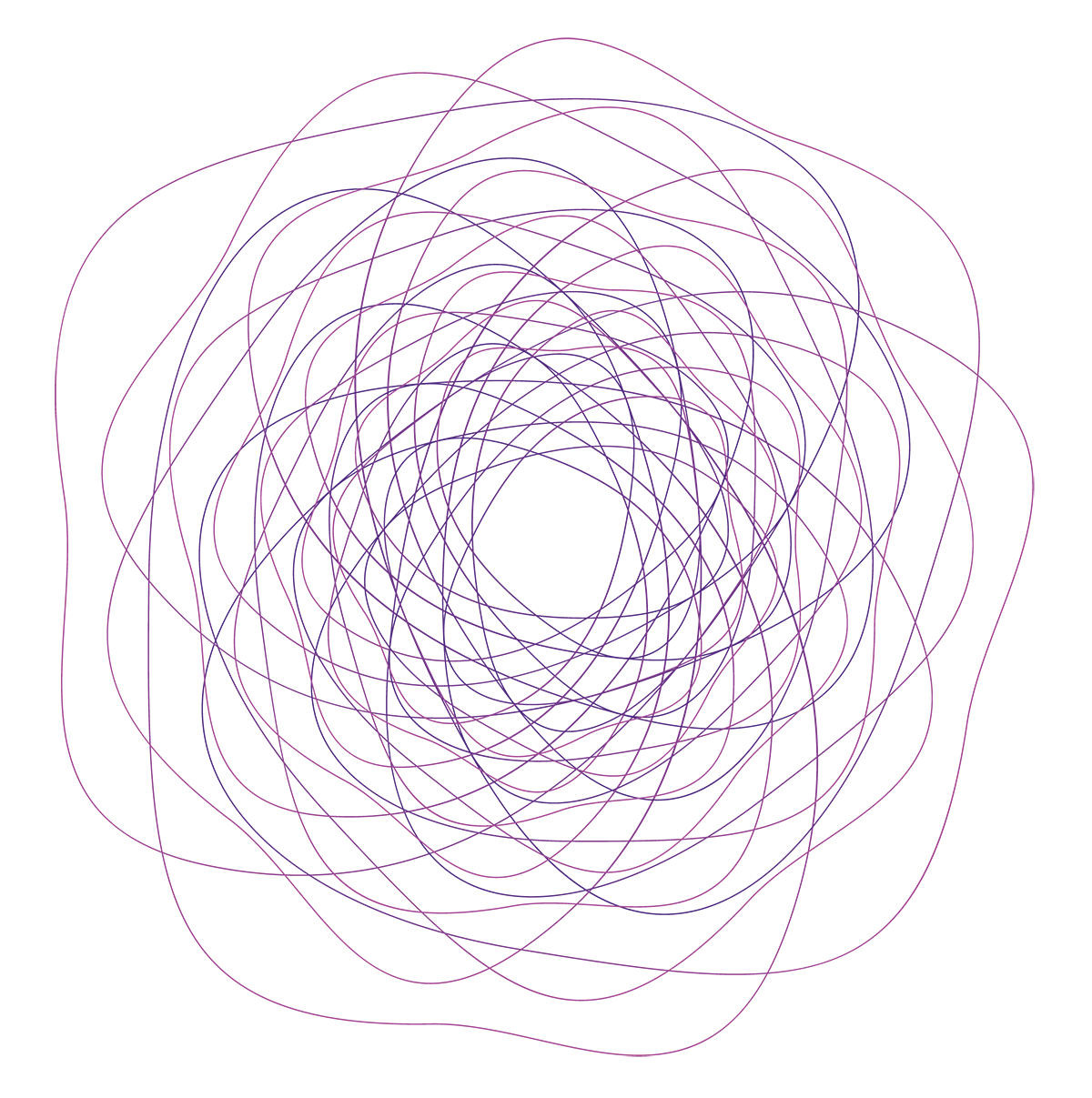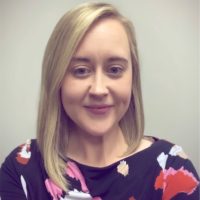Nuala Murphy our interim Head of Business at Diversity Mark chats to Sync NI about her journey, the organisation and the importance of diversity and inclusion in business.

Nuala tell us about Diversity Mark and your role with the organisation?
Diversity Mark is the leading authority on Diversity and Inclusion. The Diversity Mark accreditation is awarded to companies following an independent assessment process which ensures they have reached the required standard of commitment to advancing Diversity and Inclusion in the workplace. The independent assessment panel is led by co-chair Judith Gillespie CBE former Deputy Chief Constable and Deborah Lange Board Member INI and Harbour Commission – alongside Kieran Harding Managing Director BITCNI, Fergal McFerran Stonewall UK, Deborah Donnelly Commissioner for The Equality Commission and Dr Joanne Stuart Chief Executive, Northern Ireland Tourist Alliance.
For Companies from all sectors the Diversity Mark is a ‘Mark of Progress’ that publicly declares commitment to building more diverse and inclusive workplaces to benefit all employees. There are three stages of accreditation: Bronze, Silver and Gold. At Bronze we ask companies to commit to three gender goals, at Silver we ask for another two goals from the broader diversity spectrum. At Gold level, and subject to interview with our independent assessment panel, there will be an independent audit and staff survey carried out with all members of staff before an accreditation is awarded.
My role as Interim head of business is to help organisations understand how they can start their journey to building a more diverse and inclusive workplace. When a company signs up to Diversity Mark they automatically get access to a range of resources helping them to get started. We have our monthly newsletter bringing news from a global and local perspective, we have a series of industry and community events where we bring together existing signatories at the different stages of accreditation to share their journey with us and with the D&I agenda. We also love to connect organisations doing great work up with our signatories who are focusing on their different goals. This is the part of my role I enjoy the most – collaboration.
When did you first get interested in diversity and inclusion?
For years I have been an impassioned advocate for women’s equality and have a deep commitment to creating workplaces where every person has a seat at the table and a chance to be heard. For more than 7 years, I have led a network of thousands of women through Lean In Belfast / Ireland—a grassroots community that supports women to achieve their ambitions. What started as a few friends meeting up at a cafe in Belfast grew to a nationwide community that supported women through mentorship, skills-building, and trainings that helped members to achieve promotions, take on leadership opportunities, and accomplish their goals. Through this experience, I became part of a global community of women who led grassroots groups in countries like Iraq, India, and the United States, which has bolstered my ability to work across cultures and race.
I led conversations with Sheryl Sandberg in London and then Dublin in front of an audience of thousands, and I was selected by Lean In to come to Silicon Valley as a leader who had shown outstanding promise and commitment to women. Through this experience, I gained insights into the working culture of companies rooted in Silicon Valley and developed my D&I skillset on a global scale. In this role I’ve led corporate partnerships with companies to enhance the private sector’s support for women leaders. Having lived and worked in many countries I am very aware of cultural differences to consider when rolling out any product, service, and initiative and count myself very fortunate to be able to support leaders and companies wanting to do the same. So that is where it all began.
What have you seen the biggest challenges for companies are to start their diversity and inclusion agenda?
Getting started is hard. What I have noticed is that some companies are afraid to make mistakes, because they don’t know how or where to start. This is totally normal. It is also important to highlight that everyone’s starting point is different. My main message is to encourage companies and leaders to do what they can with what they have. We, myself and Emma Lyttle Diversity Mark’s Engagement Manager, are here to walk companies through how to get started. It’s a pretty simple onboarding via our website. Signing up and subscribing to the journey, you choose when you want to submit your first application, with four submission points throughout the year, you could sign up in November and start working on your submission for January or March. We don’t want to rush you, we want to support each company with a flow that works for them. Our community events are great opportunities for new signatories to see how others have started, goals they set, action plans they have put in place, impact and challenges.
Do you have any key insights you can share with us from a global and local perspective?
The McKinsey LeanIn.org Women In The Workplace study 2021 revealed that at a time when the stakes have never been higher, women are showing up as better people-focused leaders and stronger advocates for Diversity, Equality and Inclusion (DEI) They are more likely, than men at their levels, to take consistent steps to promote employee well-being, such as checking in on their team members and helping them manage their workloads. They are also more likely to support DEI initiatives and to be active allies to women of colour. But although this work drives better outcomes for all employees, it is going largely overlooked by companies. There’s a risk that it will be relegated to a new form of “office housework”—work that is critical to the business but not compensated—and in most organizations, what gets rewarded is what gets prioritised.
Senior-level women are twice as likely as senior-level men to spend substantial time on DEI work that falls outside their formal job responsibilities.
Eighty-six percent of companies say it’s “very or extremely” critical that managers support their team members’ well-being, but only twenty-five percent formally recognise those who do this—and a similar trend holds for DEI work.
When managers take action to promote employee well-being and companies prioritize DEI, employees are happier, less burned out, and less likely to consider leaving their company.
To drive change, companies need to invest deeply in all aspects of diversity, equity, and inclusion.
To improve representation of all women across the pipeline, companies need to double down on reducing bias in reviews and promotions, and they need to hold leaders and managers accountable for progress. But diversity in numbers isn’t enough. Companies also need to create a culture that fully leverages the benefits of diversity—one in which women, and all employees, feel comfortable bringing their unique ideas, perspectives, and experiences to the table.
Key Findings
More than 90 percent of companies track women’s overall representation, but only 65 percent track gender differences in promotion rates.
Almost 70 percent of companies hold senior leaders accountable for progress on diversity goals—but only 30 percent hold managers, who play a critical role in hiring and promotion decisions, accountable.
Only 34 percent of employees have participated in anti-racism training in the past year, and just 14 percent have received allyship training.
Why should organisations commit to a public accreditation?
More and more I am hearing from organisations how at the interview stage they are being asked about their diverse and inclusive policies and initiatives. It is very much an employee market right now where commitment to and evidence of policy and practice has never been higher up the agenda for candidates. Speaking recently to a large business network it was shared that the EDI agenda along with the green agenda is where their members want to be better equipped. This is and will affect change across the board and I encourage leaders to get on board before they are left behind.
What advice do you have for organisations wanting to get started but don’t know where to begin?
If you are a business leader, a HR manager or someone who wants to drive change in your organisation, you can start your own journey by joining the rapidly growing Diversity Mark community of signatories and commit to building a more diverse and inclusive workplace where all employees can feel valued and supported to do their best work. We want to support you and enable your success in this area. Not only will it help your attract and retain staff, but it will contribute to building a more equal, representative and inclusive society that at the end of the day is good for our economy.
About Diversity Mark
Diversity Mark is a not-for-profit organisation that focuses on enabling and supporting companies of all sizes across the UK & Ireland in achieving an Accreditation to recognise commitment to diversity and inclusion. The Accreditation follows a methodology of self-assessment and prioritises continuous progression, with goals set by and appropriate to each individual organisation. The Accreditation commits organisations to support the progression of women (or men, if underrepresented) into senior roles by focusing on the executive pipeline and the mid-tier level. It recognises that organisations are diverse and the starting points for each may differ, and thus each organisation will set its own targets, strategy and implementation plan.




